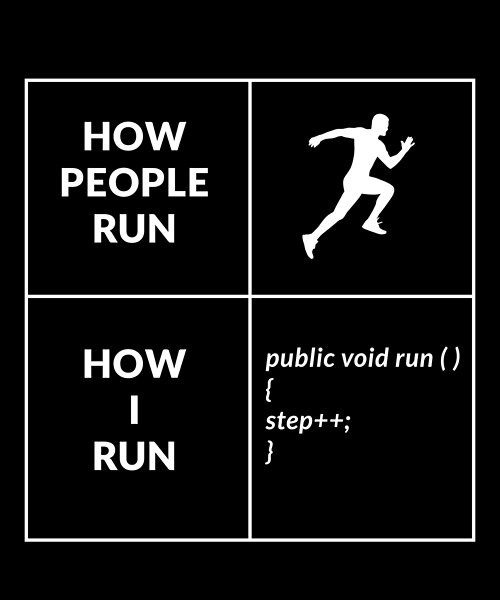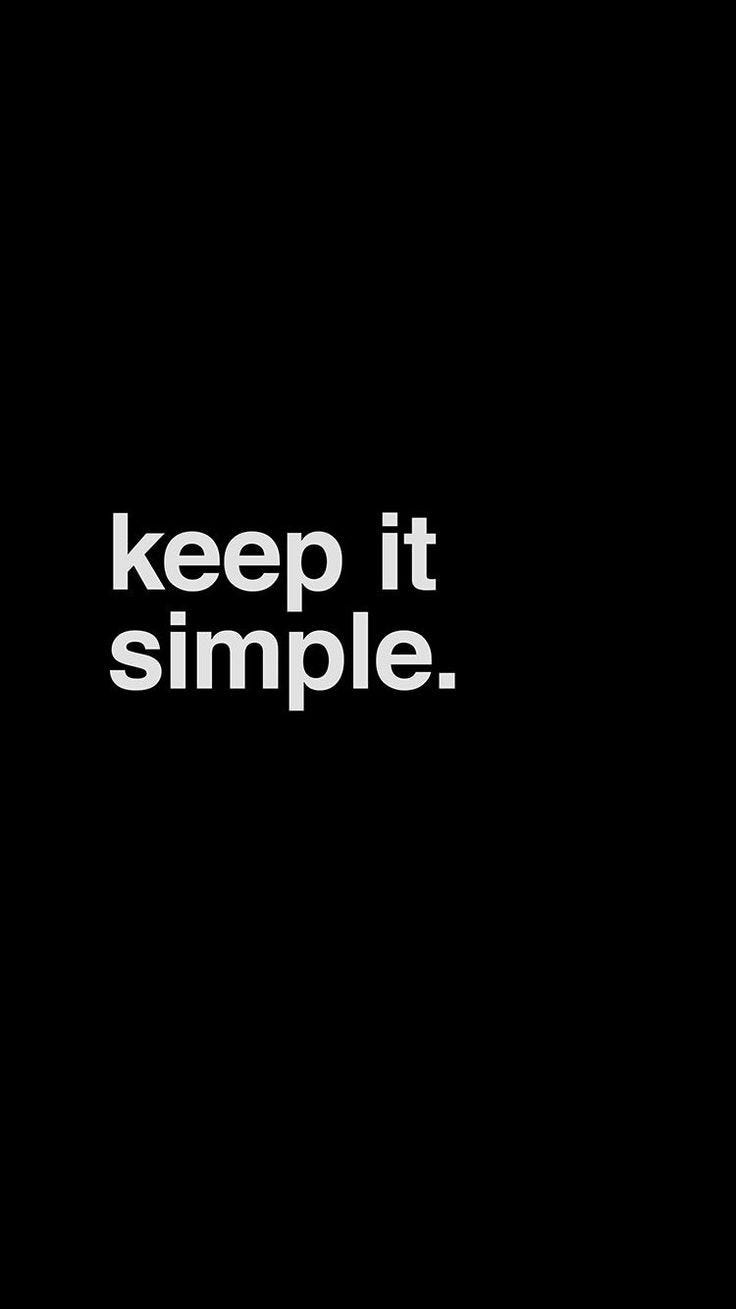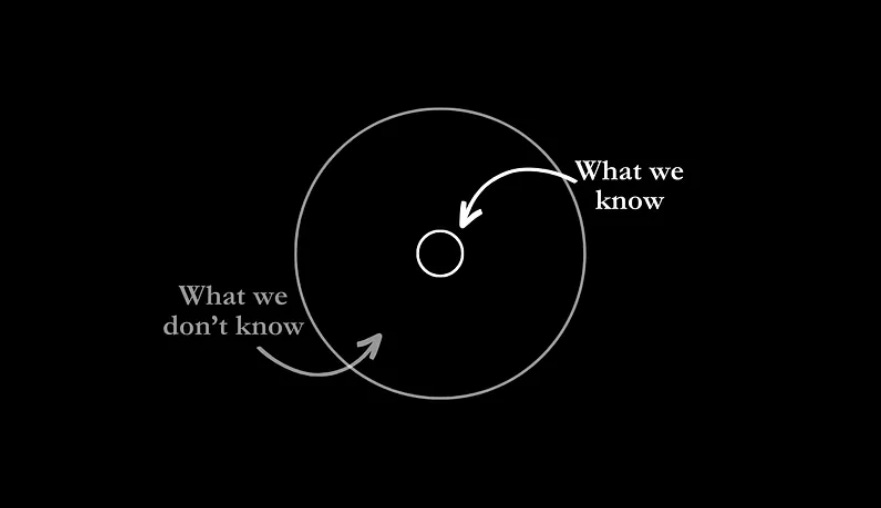The Secret Of Charlie Munger’s On Making Better Decisions Without Becoming Stressed
I'm a software engineer
I used to be stressed out of my mind and wasted years of my life making the wrong decisions .
Then I spent 100+ hours studying Charlie Munger’s letters to learn his mental models on decision making.
Here’s what I found:
Think In Reverse (reverse engineering )
Most problems can’t be solved by thinking forward. With inversion, the idea is to approach a problem backward.
Instead of focusing on what you want to achieve, think about what you want to avoid.
For example, to be more productive as a programmer , ask yourself what would make you unproductive.
By turning your problems upside down, you flip your perspective on a problem and uncover your hidden beliefs.
It’s how you use negative rationale to achieve positive results.
Play The Long Game

Avoid short-term thinking. Ignore quick wins.
Lasting success is like a snowball. It grows exponentially over time.
Focus on making decisions that will benefit you over the long term.
Cultivate patience, discipline, and the ability to delay gratification.
Use Occam's Razor

many programmers make things way more complex than need be So :Always avoid complexity in decision-making.
When faced with a problem, first simplify it to uncover basic truths.
Then choose the simplest solution that fits the evidence.
Keep it simple.
First Principles Thinking :
Elon Musk calls this “First Principles Thinking.”It involves breaking down a problem into its most fundamental components.
Then building solutions from the ground up, rather than relying on analogies or existing solutions.
You can build a successful SaaS By this method .
Geeks Control Your Niche
The best way to ensure success is to eliminate your competition.
That only happens when you control 70%+ of your niche.
That’s why it’s important to specialize until you become 1 of 1.
Build A Margin of Safety
It easy for software developers to lose their jobs
When buying assets, Munger always insisted on paying half the estimated value.
This discount acted as a safety net, protecting him from miscalculations and unrealistic valuations.
When making important decisions, accept that things will go wrong.
Mistakes will happen.
But instead of panicking, create a buffer to cushion any negative fallout.
Build a margin of safety and establish your moat.
Want to know how to build your personal moat?
Your Firewall
Drive Outcomes With Incentives
Positive outcomes don't happen by accident—incentives cause them.
People work harder when they are Incentivized.
In the words of Munger, “Show me the incentives and I'll show you the outcome.”
we work harder when they are incentivized.
That's why it's essential to shape behavior with rewards.
When done right, aligned incentives will automatically steer people toward your desired results.
Widen Your Circle Of Competence

While it’s a great idea to play to your strengths, it’s also important to develop more.
In Charlie’s words, "Invest within your circle of competence, but work tirelessly to expand that circle.”
The more you know, the better decisions you can make.
It's not only about building applications
Never stop learning about different fields, industries, and disciplines.
Continuous learning is the minimum requirement for success.
Developers Must Adapt -- or Die
Success demands constant evolution.
If you must win, you must learn to be mentally agile. Evolve your thinking and strategies over time.
It's rarely the strongest that succeed in the long run, but the most adaptable.
Curate Your Crowd
Surround yourself with truth-seekers and healthy contrarians. Cultivate relationships that inspire, challenge, and support you.
Choose quality over quantity in relationships.
Information Isn't Wisdom
Know the difference between data, information, and wisdom.
Information is widely available, but true understanding comes from thoughtful analysis of the world.
Anyone can get info for free. However, wisdom has to be earned.
Avoid The Man With A Hammer
Lastly, relying on just one mental model leads to poor decisions.
Avoid viewing the world through a single lens. Don’t become so reliant on an approach that you use it for every problem
There’s no such thing as a universal solution.
Instead, draw knowledge from every source.
Develop a diverse set of mental models. Understand the ideal applications of each one.
Don’t be a one-trick pony. Be a Swiss army knife
Thanks for reading!
Follow to us
